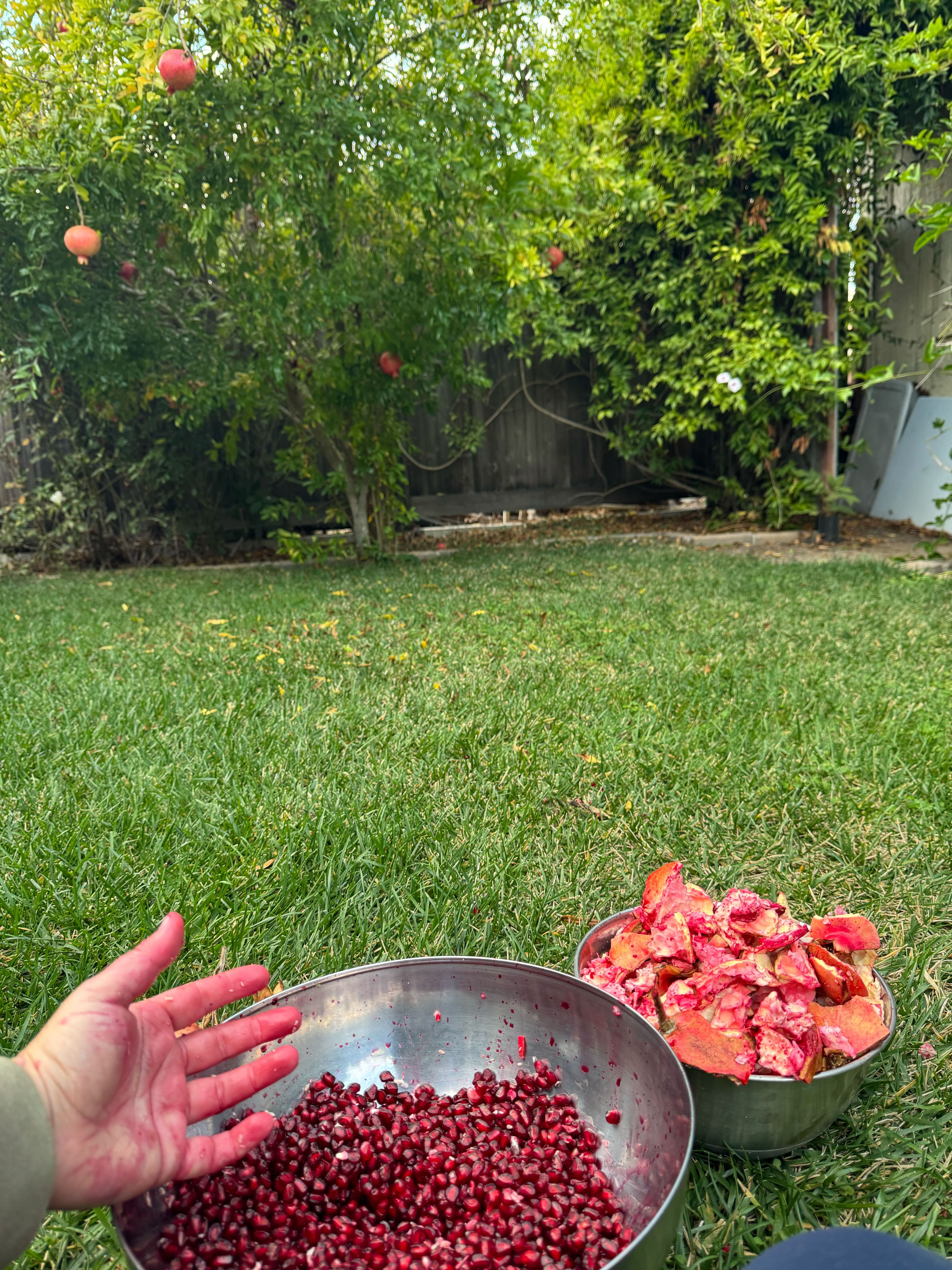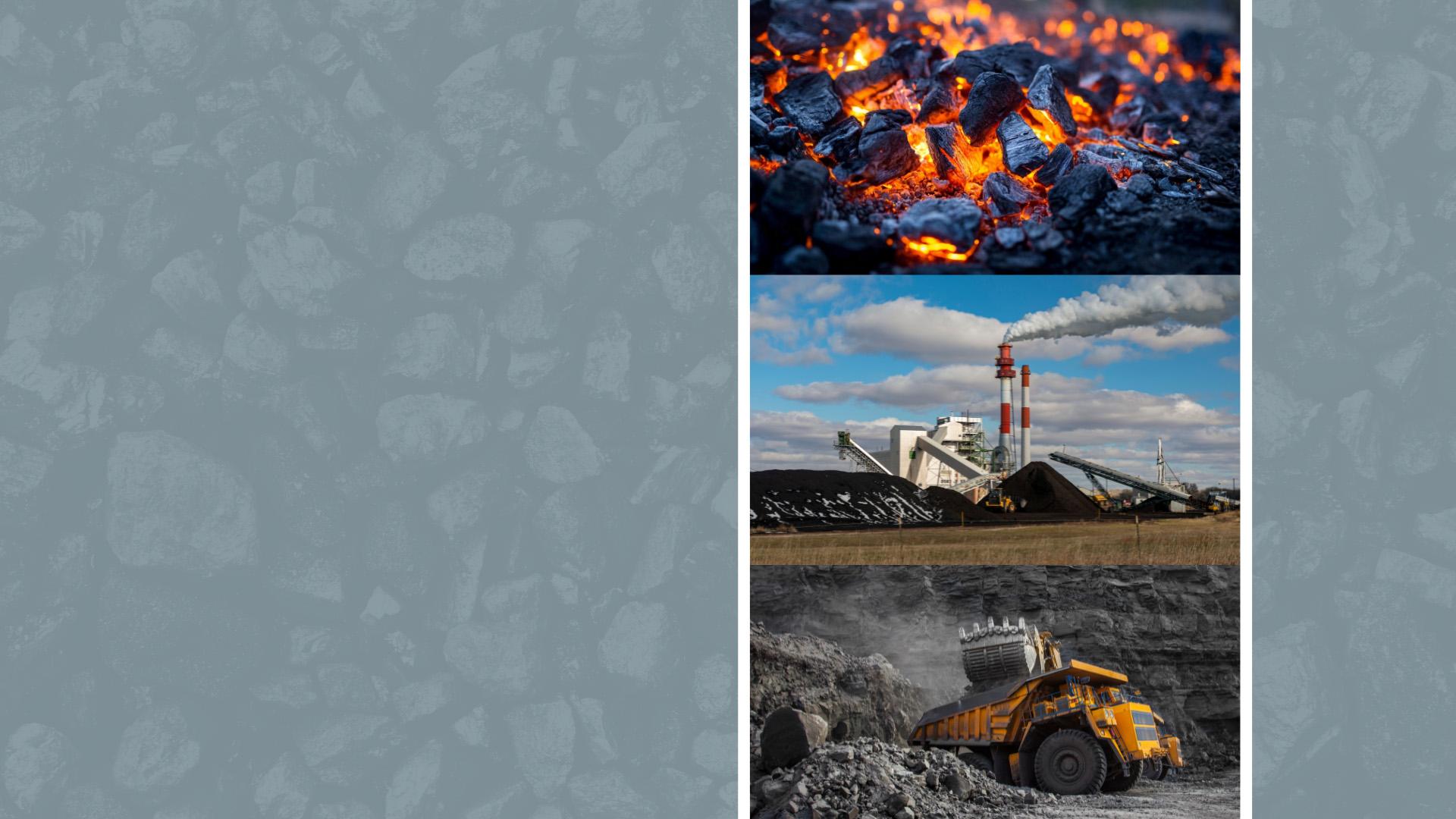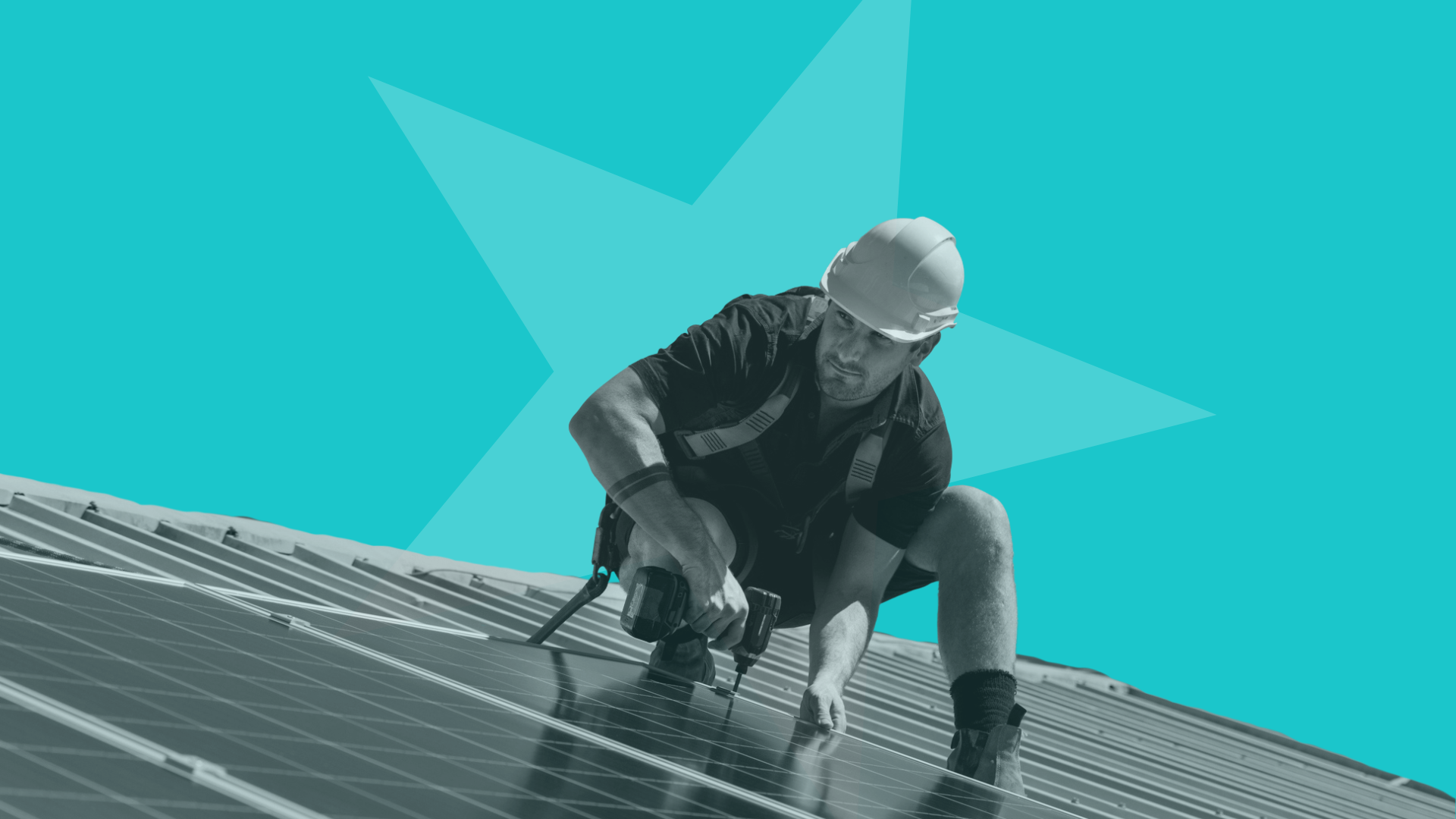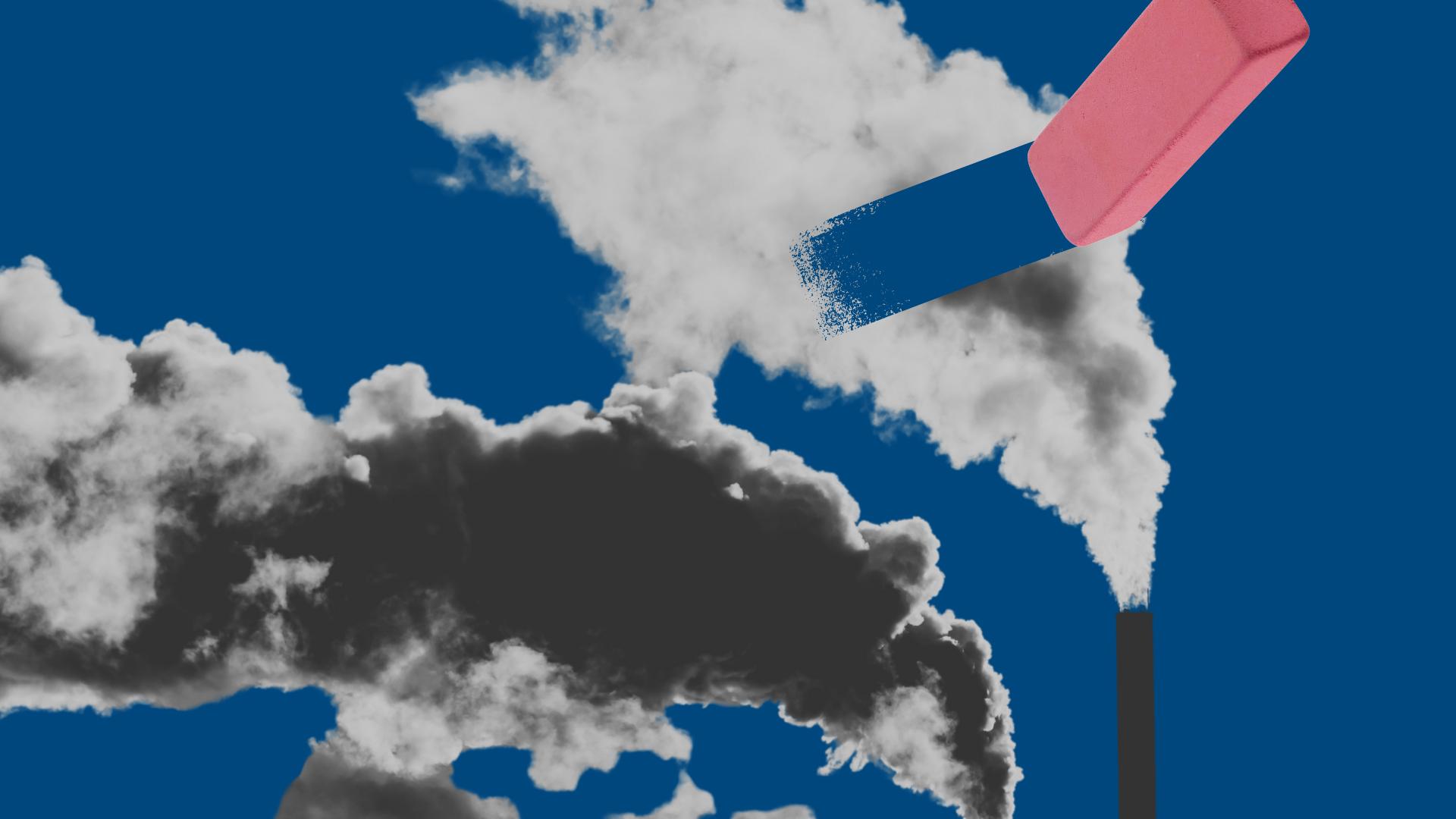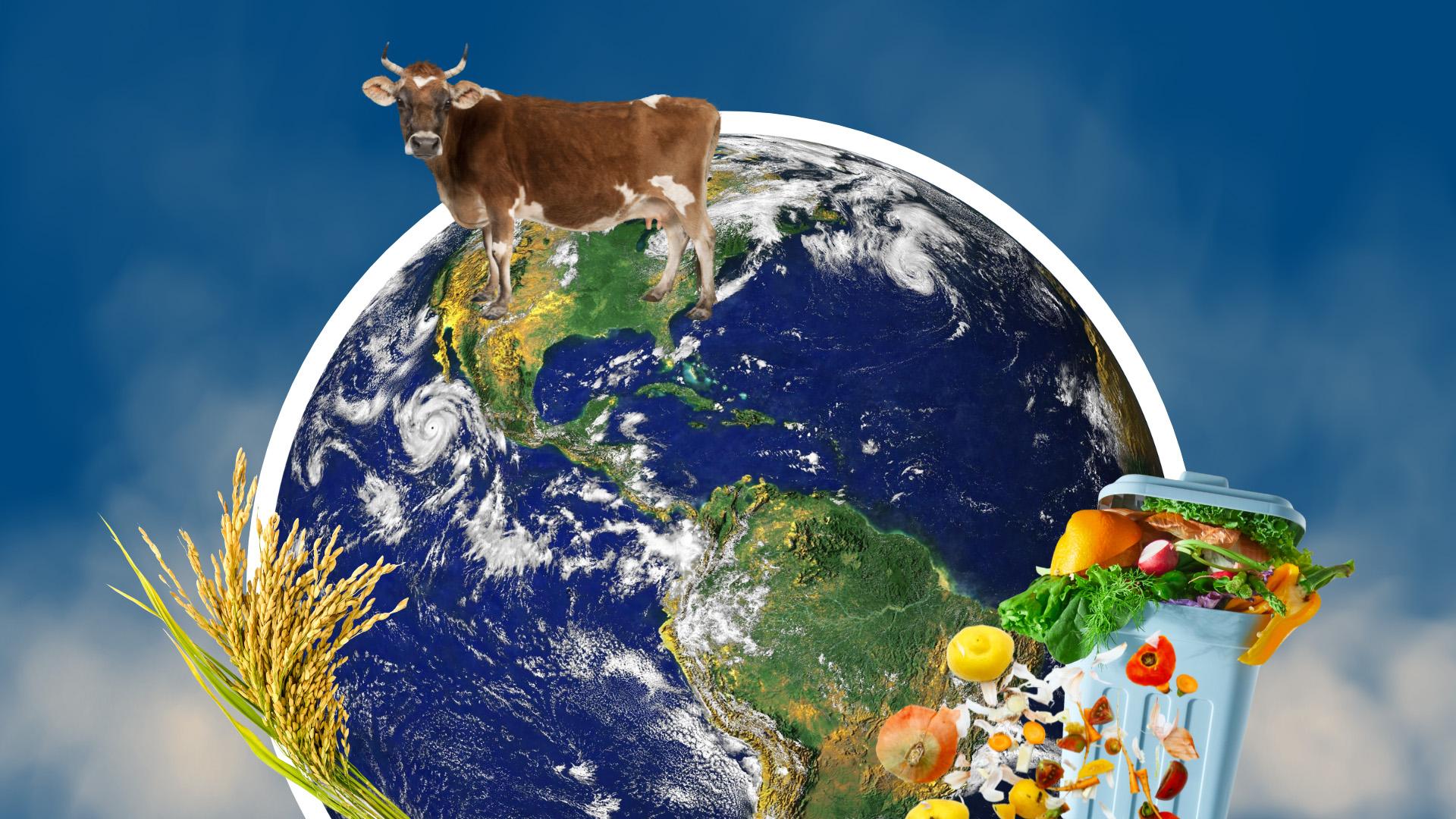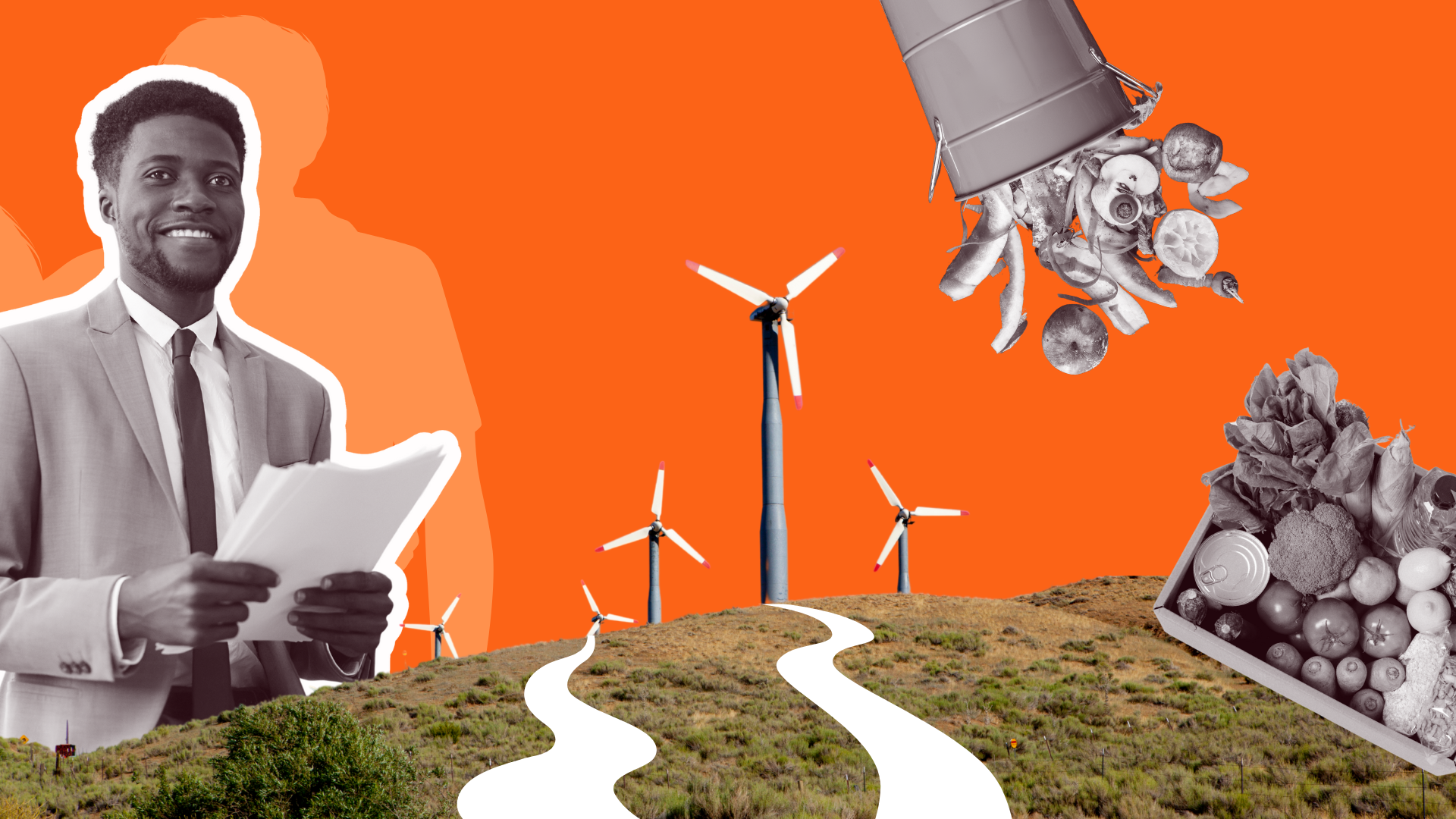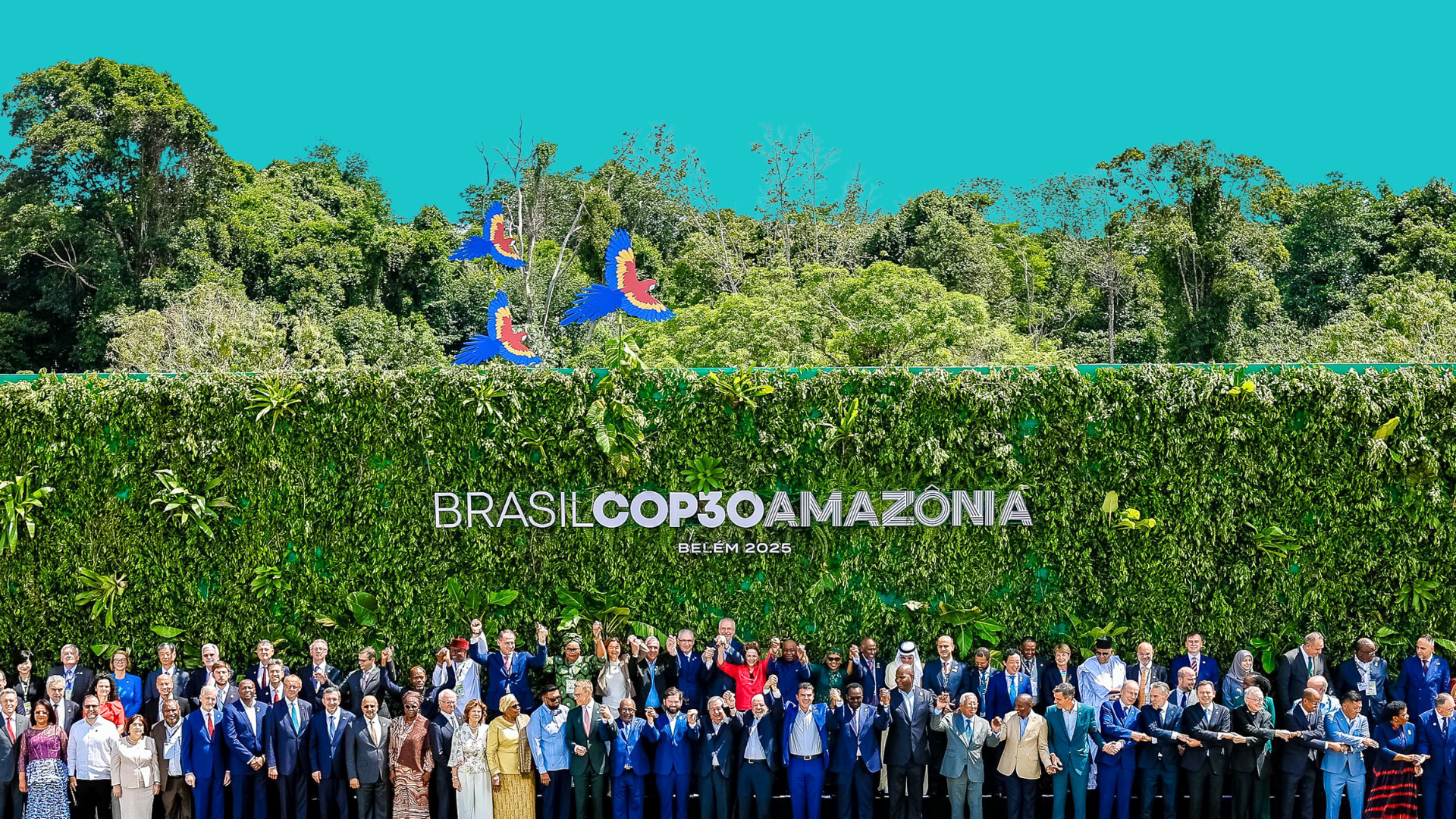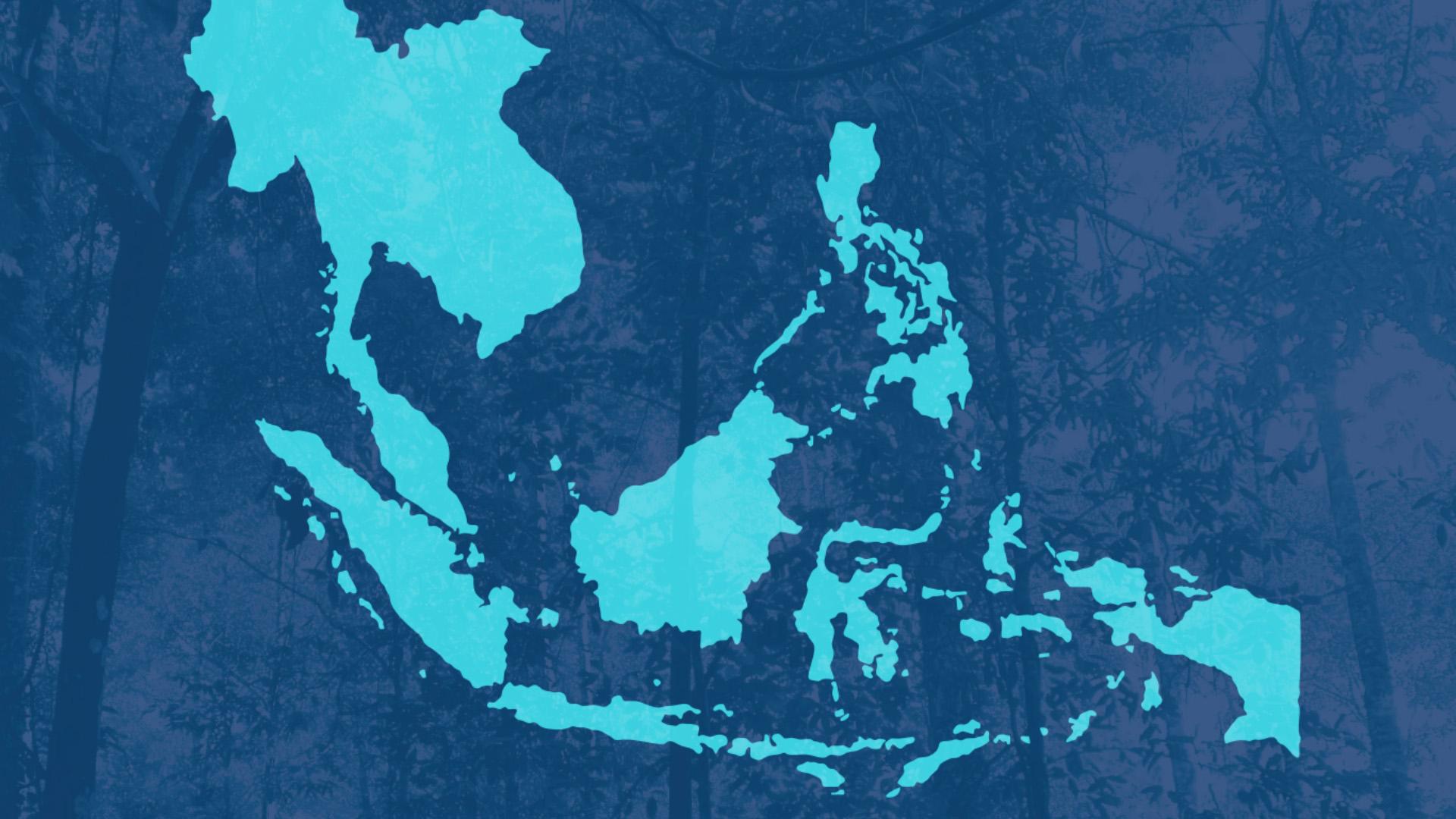That’s why I’ve been especially excited to work on Drawdown’s Neighborhood: Los Angeles, a new short docu-series focused on changemakers doing extraordinary work in their local community. As a Southern California resident myself, with loved ones who experienced devastating loss during the wildfires at the start of the year, these heroes’ stories are inspiring and depict the incredible resilience of Angelenos in the wake of climate-change-fueled disasters. All of the episodes are now released, and the thread that weaves them together is not only L.A., but also food-based climate solutions.
Why I’m bringing food-based climate solutions to the table this holiday season
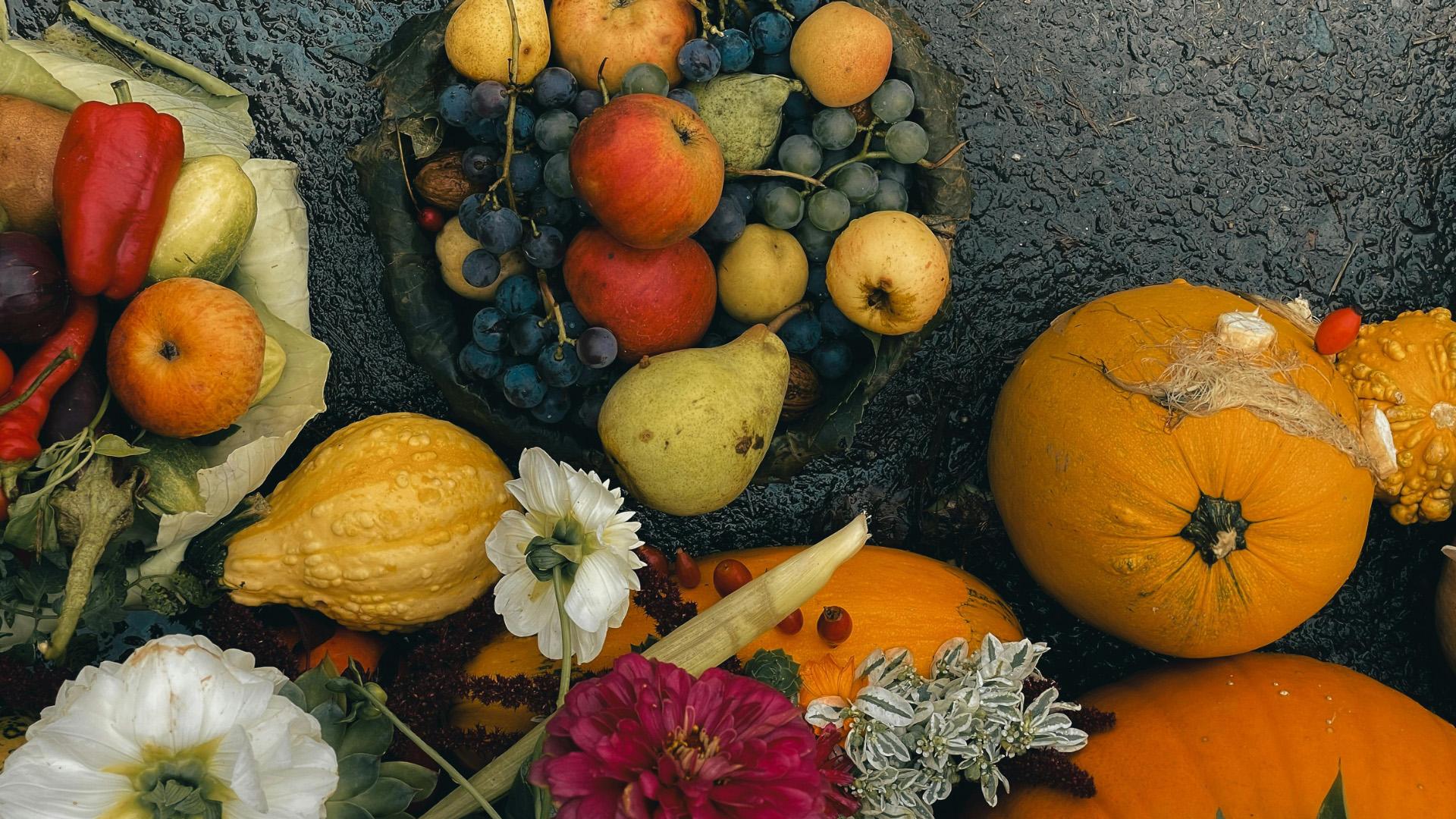
As we approach the holidays, I can’t help but think about food.
My uncle’s green bean casserole, my new recipe for pomegranate-glazed sweet potatoes, the smell of sage, garlic, and rosemary wafting throughout the kitchen – every meal tells a story. For me, food is personal and emotional. It’s how I show love, how I connect with my culture, and, lately, it’s become a big part of how I think about taking climate action.
When I started working with Project Drawdown, I knew food and climate were linked, but I didn’t realize just how strongly what’s on our plate affects the planet. As a sector, food, agriculture, and land use makes up between a quarter and a third of global greenhouse gas emissions. That covers everything from what we grow and how we grow it, to what we eat and what we waste. However, with challenges come opportunities, and solutions abound to make a food system that’s not only less polluting but also more resilient, nutritious, and even tasty.
In the series, Project Drawdown Director of Storytelling & Engagement Matt Scott talks to:
- Jamiah Hargins, who’s helping neighborhoods grow their own produce and reduce food waste through community farming.
- Enjoli Ferrari, who’s turning composting into a movement for healthier soil and lower emissions.
- Jessica Cain, who’s improving farm nutrient management to help local farmers adapt to climate challenges.
- Maggie Baird and Parker Do, who advocate for plant-rich diets in ways that are joyful and inclusive.
- Ammy Rojas and Laura Rink, who connect the dots between coastal ecosystems and food systems, showing how what happens on land impacts our oceans.
Their stories underscore five main climate solutions – reducing food loss & waste, improving diets, improving nutrient management, composting, and protecting ecosystems. Together, these efforts cut emissions, conserve water, and strengthen community resilience.
But they also reveal an important fact: climate solutions don’t have to be abstract. They can be local, creative, and even start in someone’s backyard (or kitchen). These are all practical solutions that remind us that anyone, anywhere, can take climate action.
One of the biggest lessons I’ve learned at Project Drawdown is not to let “perfect” be the enemy of “good.” I used to feel pressure to make all the “right” choices when it came to food, and when I couldn’t, I’d feel like I was failing. But the more I’ve learned, the clearer it is that it’s not about doing everything, it’s about doing something.
And it’s not just me saying that; the science bears it out. For instance, the Improve Diets solution on the Drawdown Explorer shows it’s not about being vegan or having the perfect planet-friendly diet, but rather how eating a bit less meat, particularly red meat, can have a major climate impact. But even beyond the numbers, it’s about aligning our everyday habits with the kind of world we want to live in.
It’s easy to think that climate-friendly food choices mean giving things up, but I’ve started to see it as the opposite. It’s about adding to the table: vibrant, colorful vegetables; hearty grains; delicious new dishes that celebrate the abundance of the season. And when we talk about food, we’re not just talking about what’s on our plates. We’re talking about how our choices support farmers, ecosystems, and future generations. That’s what makes food such a powerful entry point for climate solutions; it’s something we all participate in every single day.
So this holiday season, as we gather around our tables, we can all put climate solutions on the menu – whether by trying a new plant-rich recipe, composting leftovers, or supporting local producers who are doing it right.
In Los Angeles and in communities everywhere, food is proving to be one of the most delicious ways to build a better future.
Daphne Prodis is a Project Drawdown fellow who works on the Global Solutions Diary and the Drawdown's Neighborhood series. Currently a master’s student of environmental science and management at UC Santa Barbara, she specializes in business and sustainability with a focus on strategic communications.
This work was published under a Creative Commons CC BY-NC-ND 4.0 license. You are welcome to republish it following the license terms.


